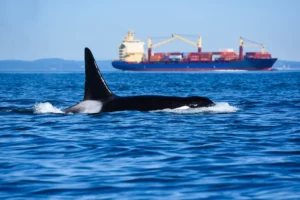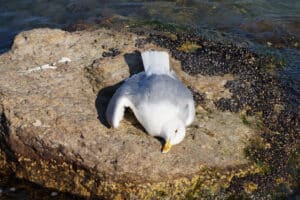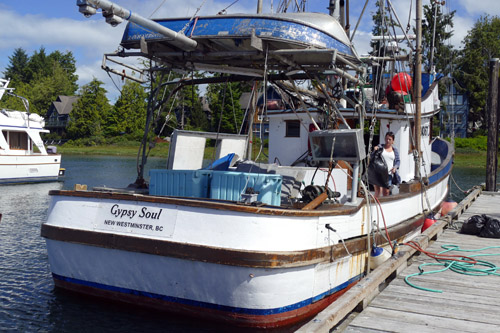
Commercial fisherman Brent Belveal landed a $33,596 fine for illegally operating his halibut vessel Gypsy Soul in the fragile and legally protected glass sponge reef near Bella Bella.
The master of the Gypsy Soul had pled guilty in BC provincial court to charges of fishing illegally inside the Hecate Strait Queen Charlotte Sound Glass Sponge Reef Marine Protected Area (MPA), and for selling his illegal catch.
BC’s glass sponge reefs, like the one where Belveal fished for halibut, “are approximately 9,000 years old, and are considered to be the largest living example of glass sponge reefs that were abundant millions of years ago,” noted a DFO impact statement submitted to the Provincial Court. “The slow growth, fragility, and highly sensitive nature and structure of these sponges make the reefs particularly vulnerable to damage and disturbance, since recovery may take tens to several hundreds of years.“
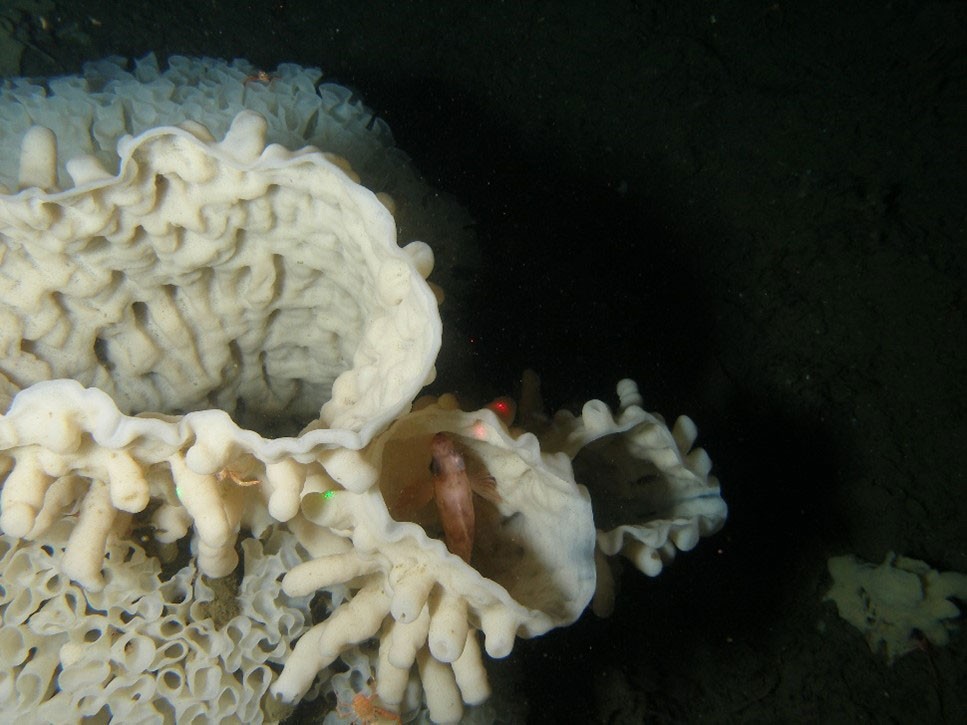
The court ruling came more than four years after the illegal act, on April 4 and 5, 2020, according to a DFO statement. Belveal was caught by “the electronic monitoring data that is provided to the Department as a licence condition for Groundfish, such as halibut, and other commercial fishing fleets.”
Fishers who ignore the closed areas “undermine decades of work to provide protection to these globally unique ecosystems,” said DFO in a statement.
The federal fisheries department asks British Columbians to help report illegal activity by calling the Pacific Region’s toll-free violation reporting line at 1-800-465-4336 or emailing the details to [email protected].
More About BC’s Glass Sponge Reefs
Glass sponge reefs were believed to have become extinct 40 million years ago. However, in 1984, Glen Dennison discovered them in the depths of Howe Sound while doing research for his book on diving. Private citizens launched a campaign to protect the reefs, and DFO has since protected 17 different glass sponge reefs in Howe Sound and the Hecate Strait.
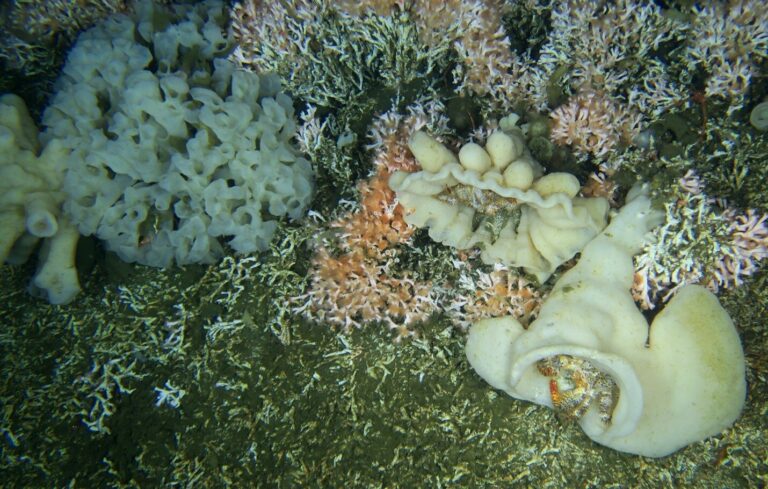
Before they could be protected 50% of the reefs were damaged or destroyed by bottom trawling. Despite official protections, they continue to be damaged by human activity, from illegal halibut, prawn, and crab fishing. Trappers who drop their traps right onto the reefs can destroy nine thousand years of nature’s work in a millisecond, and even if a dropped trap does not directly hit glass sponges, the sediment kicked up will suffocate them.
Find the DFO statement, with links to further information, here. Read a CBC news report about the case here. Read Strong Coast’s Explainer on glass sponge reefs here.


